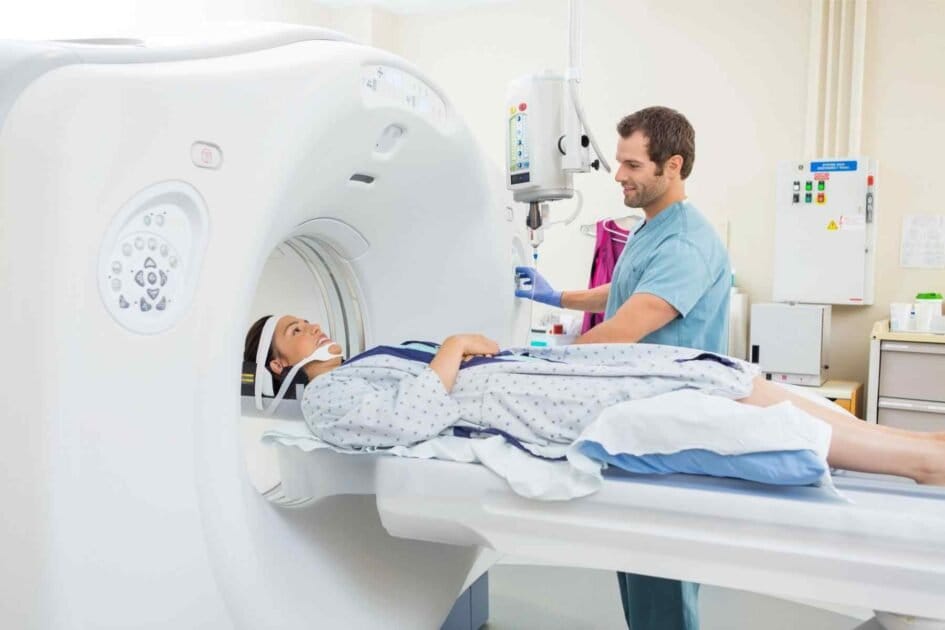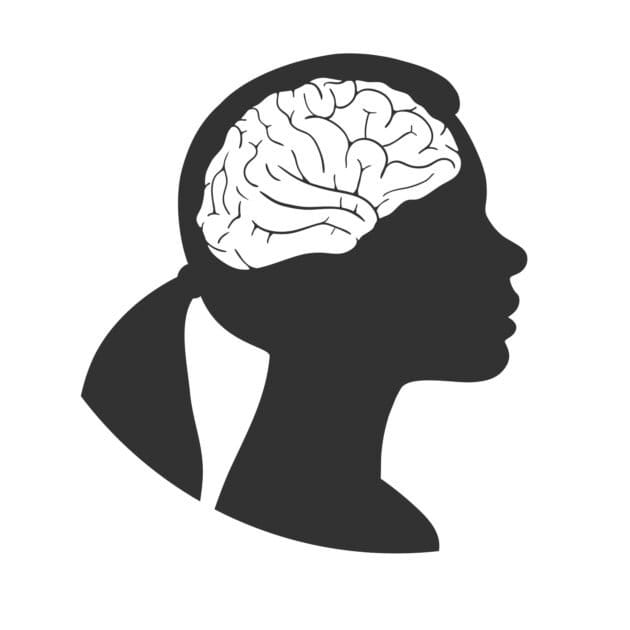Aging doesn’t have to mean a decline in cognitive abilities. As women navigate the complexities of growing older, understanding the cognitive changes that occur can empower them to maintain their mental sharpness and emotional well-being. What if simple lifestyle adjustments could enhance brain health and resilience? Discover how memory, processing speed, and emotional regulation shift with age, and explore effective strategies to thrive cognitively in later years.
Cognitive Changes in Aging
As women age, cognitive changes may occur. One of the most noticeable changes is memory decline, which can begin subtly as one ages and become more apparent over time.
This type of memory decline often involves difficulty recalling recent events or retrieving specific words. While these changes are usually mild, they can affect daily routines and lead to frustration. However, it’s worth noting that not all memory lapses indicate serious issues, as occasional forgetfulness is a common part of aging.
Another common cognitive shift is slower cognitive processing. Many women notice that tasks requiring complex thought, multitasking, or problem-solving take longer than they once did. This change in processing speed can affect everything from decision-making to reaction time and is typically part of normal aging.
Although slowing down cognitively can be disconcerting, it doesn’t necessarily hinder a woman’s overall ability to function independently or maintain a sharp intellect—many older women continue to thrive cognitively, especially when engaging in mentally stimulating activities.
Emotional processing can also be affected with age, though the effects vary widely. Some studies suggest that as the brain ages, it tends to focus more on positive emotions and memories, possibly as a way to maintain emotional resilience.
However, emotional regulation can become slightly more challenging due to changes in brain areas like the prefrontal cortex, which is an area that manages emotions. This can sometimes lead to increased sensitivity to stress or anxiety, particularly in later stages of aging.
Hormonal influences are an important element in brain health and cognitive aging in women. Estrogen, a hormone that declines significantly post-menopause, is known to have neuroprotective effects, meaning it helps protect brain cells from damage.
As estrogen levels drop, some women experience increased memory lapses and may feel more prone to mood changes. This hormonal change has been linked to greater risks for certain neurodegenerative diseases, like Alzheimer’s, which affects women disproportionately compared to men.
Strategies for Maintaining Brain Health
Maintaining brain health as women age is possible through several key strategies that support cognitive function and emotional resilience.
Lifestyle interventions like regular physical activity, balanced nutrition, and quality sleep are foundational. Exercise, including aerobic activities and strength training, increases blood flow to the brain, promotes the growth of new neurons, and reduces inflammation. These processes help protect against cognitive decline.
Nutrition is also an important aspect. Diets rich in antioxidants, healthy fats, and anti-inflammatory foods—such as the Mediterranean diet—have been shown to benefit brain health. Adequate sleep allows the brain to repair itself and consolidate memories, reducing the risk of cognitive issues over time.
Engaging in cognitive exercises can also help preserve and even strengthen mental sharpness. Regularly challenging the brain with mentally stimulating activities like puzzles, reading, learning new skills, or playing strategy-based games can promote neuroplasticity—the brain’s ability to reorganize itself by forming new neural connections.
Social interaction is also a powerful form of cognitive exercise. Conversations and social engagement involve memory, language skills, and emotional processing, which all help keep the mind active. Many women find that setting aside time for these activities daily or weekly can provide both mental stimulation and a sense of accomplishment.
Stress management techniques are essential for long-term brain health. Chronic stress releases cortisol. If cortisol remains chronically elevated, it can impair memory and slow cognitive processing over time. Techniques such as mindfulness meditation, deep breathing, and yoga can effectively lower stress and reduce cortisol levels. These practices help promote relaxation, improve emotional regulation, and enhance focus.
Social interaction is also a powerful form of cognitive exercise. Conversations and social engagement involve memory, language skills, and emotional processing, which all help
keep the mind active. Many women find that setting aside time for these activities daily or weekly can provide both mental stimulation and a sense of accomplishment.
Stress management techniques are essential for long-term brain health. Chronic stress releases cortisol. If cortisol remains chronically elevated, it can impair memory and slow cognitive processing over time.
Techniques such as mindfulness meditation, deep breathing, and yoga can effectively lower stress and reduce cortisol levels. These practices help promote relaxation, improve emotional regulation, and enhance focus.

For some women, journaling or spending time in nature can also be effective ways to reset mentally. By adopting a balanced approach that includes physical activity, cognitive challenges, and stress-relief practices, women can actively support their brain health and maintain cognitive well-being as they age.
Emerging Treatments and Future Research
The field of brain health, especially as it relates to women’s aging, is rapidly evolving, with exciting new research focused on understanding gender-specific cognitive aging and potential treatments.
Ongoing studies are investigating the effects of hormone replacement therapy (HRT) and its timing on cognitive health, particularly as it relates to estrogen’s role in protecting the brain. Researchers are exploring whether starting HRT during specific windows of time post-menopause could offer neuroprotective benefits and reduce the risk of Alzheimer’s disease.
Emerging treatments also include the development of targeted therapies, such as medications designed to clear beta-amyloid plaques associated with Alzheimer’s, and brain stimulation techniques like transcranial magnetic stimulation (TMS), which shows promise in enhancing cognitive function and alleviating symptoms of depression.
Additionally, scientists are studying the impact of personalized nutrition and gut health on the brain. Treatments tailored to an individual’s genetic, hormonal, and environmental profile are currently being investigated. Together, these research efforts offer hope for more effective ways to support brain health.

Final Thoughts
Supporting brain health in aging women is essential for maintaining cognitive function, emotional well-being, and quality of life. By adopting lifestyle habits and engaging in stress-reducing practices, women can actively work to preserve their brain health. As science continues to uncover new insights and potential treatments, a proactive approach to brain health will empower women to age with resilience and vitality.




